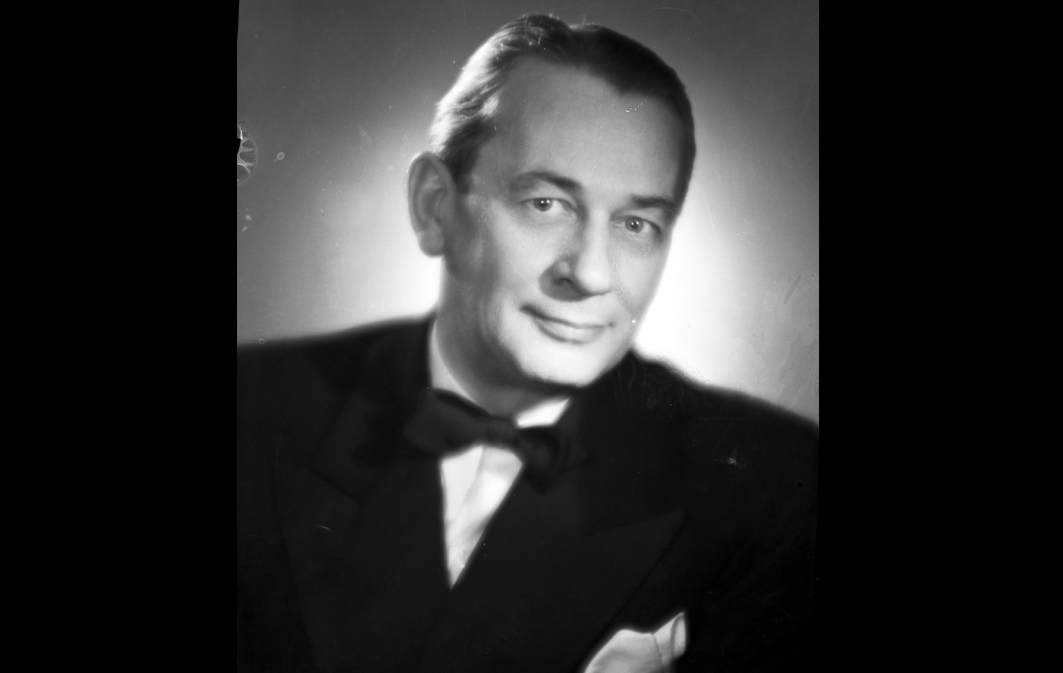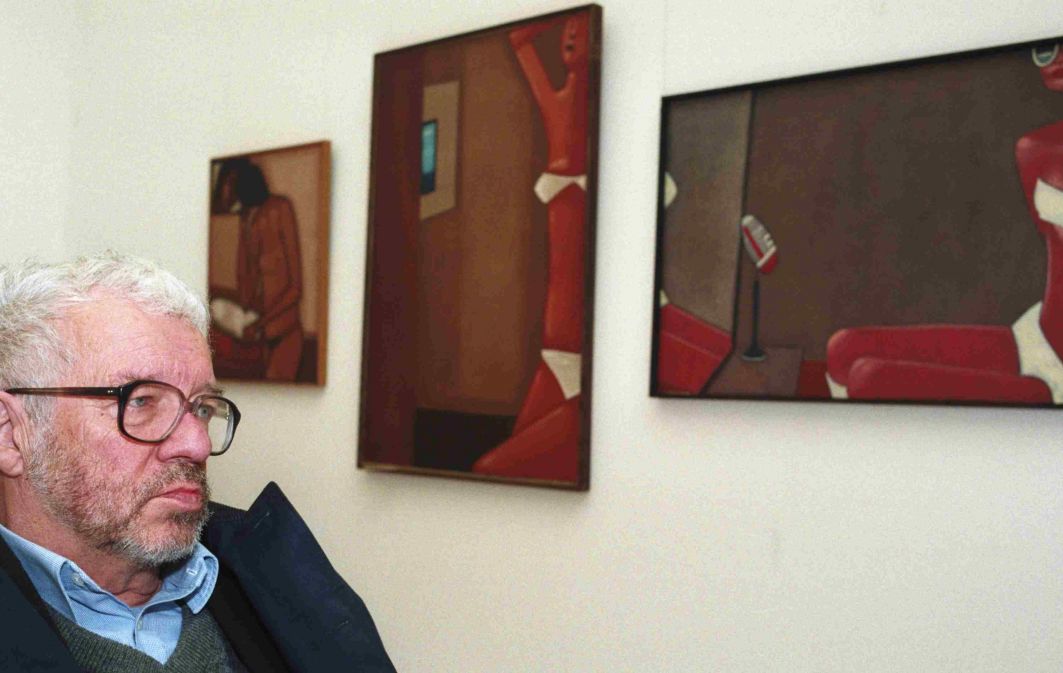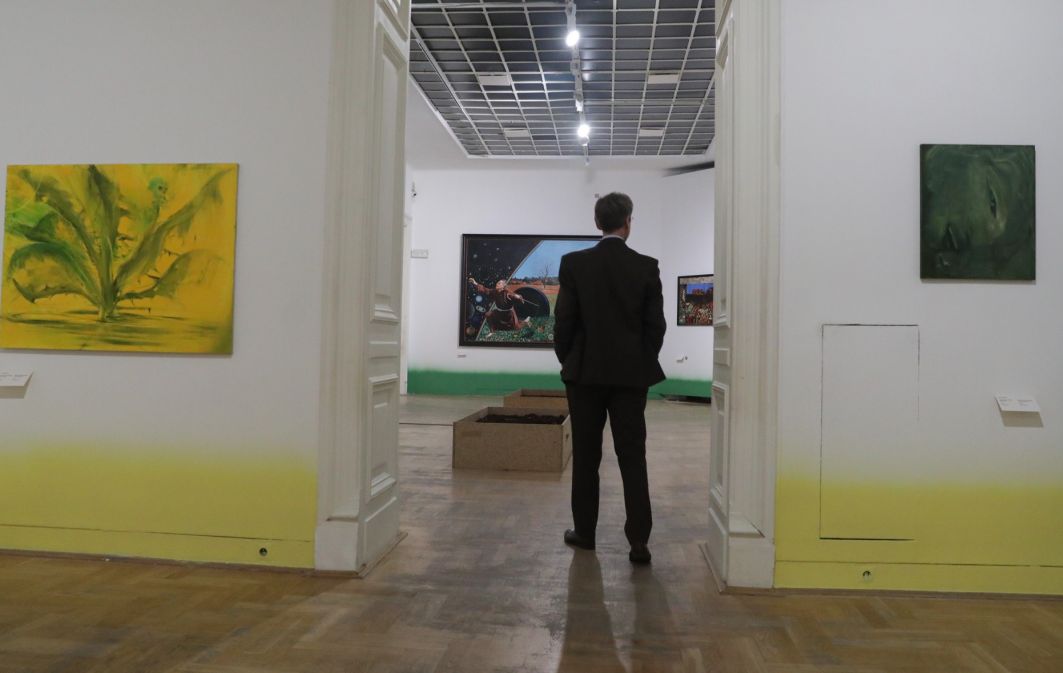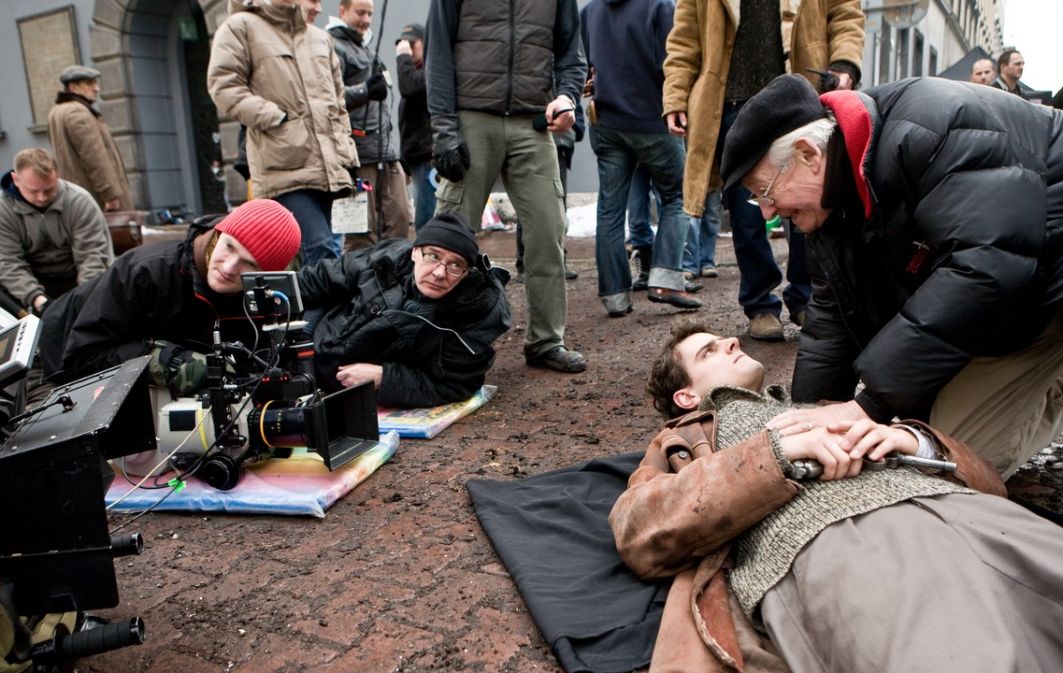Just like Simon, called Peter - a charming parvenu and speculator colluding with the Roman occupier; Matthew - an obvious traitor to his religion and nation, serving the Romans as a tax collector, or Nicodemus - a Pharisee fascinated by the Messiah but unable to bring himself to abandon his comfortable life and recognised social position. The disciples, joining the circle of Jesus in subsequent seasons, are not an anonymous collection of twelve bearded Semitic-looking men but people made of flesh and blood, with their own expectations, interests and weaknesses.
The creators’ vision often goes beyond the message of the Gospel. This is the case with Thomas, who arrives at a wedding in Cana as an efficient caterer and already (incredulously) with his own eyes, sees the miracle of turning water into wine. The wedding scene itself, one of the most important moments contained in the Gospel, gives us a picture of a celebration in which we could also participate today. It is in social relations that Jenkins shows Jesus as ... a man. The newcomer from Galilee is a charming guy full of humour, able to dance, have fun, joke or even tease his followers.
Important threads of the series are ... politics and the reality of the occupation that the inhabitants of Judea were under in the times of Jesus. Despite the expectations of his students, the Teacher rejects the idea of establishing a conspiratorial armed union, walking the talk: „Render therefore unto Caesar what belongs to Caesar and to God what belongs to God”.
The role of women is also presented in an interesting way, especially in the interpretation of Mary Magdalene’s fate. She is the "Apostle of the Apostles", who was rehabilitated only in 1969, when Pope Paul VI announced that she was not a promiscuous woman. In the series, we meet her in her childhood; She is a woman with mental problems and alcohol addiction, whom Jesus helps as one of the first.
Doesn’t the series narrative introduce sensitive threads that divide Protestants and Catholics? Well, "The Chosen" could be described as an ecumenical and even interreligious production, because the Protestant artists engaged as consultants, e.g. Rabbi Jason Sobel and father David Guffey - the Roman Catholic priest. Previously little-known actor - Jonathan Roumie, creating the character of Jesus - is a practising Catholic, nominated for a Papal knighthood and awarded the Vatican Order of St. Gregory the Great.
Anyway, the cast of the series is convincing. There are no blue-eyed blondes, and most of the actors are of Middle Eastern look and origin, even if they are American. This is also the element that distinguishes "The Chosen" from the so-called "Sword-and-sandal" Peplum films – ( American Christian movies ) - called that way by even the most kind-hearted film critics.
The production itself - as befits the New Testament - was carried out in Capernaum, only in the Texas one - Capernaum Village, a special outdoor studio built for the makers of films about ancient times. Savings in social budget management meant that the creators tried to reduce costs as much as possible. That's why they didn't move beyond the United States to shoot the film set
not in Israel, but also in Utah,
using the previously built replica of Jerusalem created by ... Mormons. They built the scenography for their own films. - "The Chosen" shows that with today's technical means, having a good idea and a team of talented people, you can make a decent production - adds Łukasz Adamski.
Father Jan Kaczkowski, who died in 2016, repeatedly used the term “katolipa”/ “cathobummer”, describing the unleavened, archaic ways the Church tries to preach and convert the young people’s generation that increasingly abandons religion. In the case of "The Chosen", we are dealing with something completely different - with a new, powerful arsenal of evangelization, but also with a considerable ecumenical social phenomenon. In addition, a huge flick in the nose of the mainstream platforms that have not allowed Christian content to their offer for years.
– Cezary Korycki
TVP WEEKLY. Editorial team and journalists
– translated by Katarzyna Chocian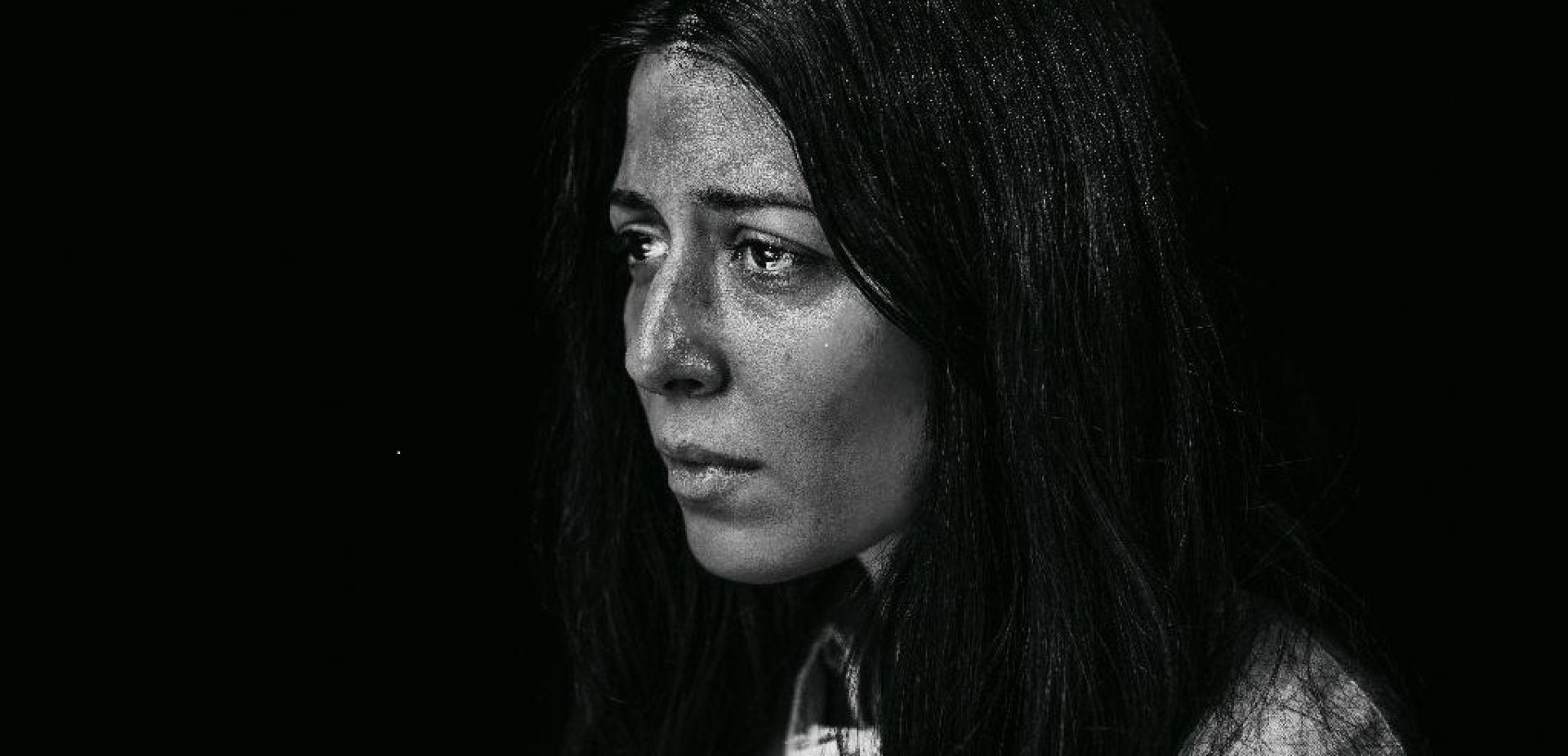
 SIGN UP TO OUR PAGE
SIGN UP TO OUR PAGE 
